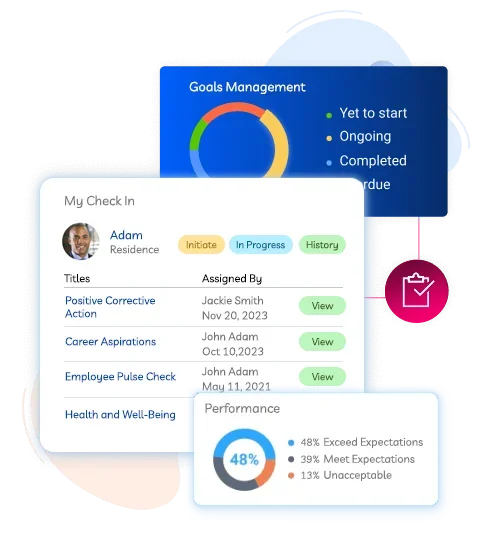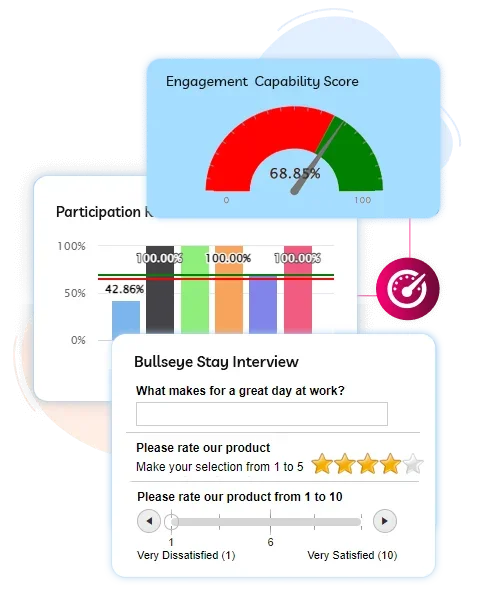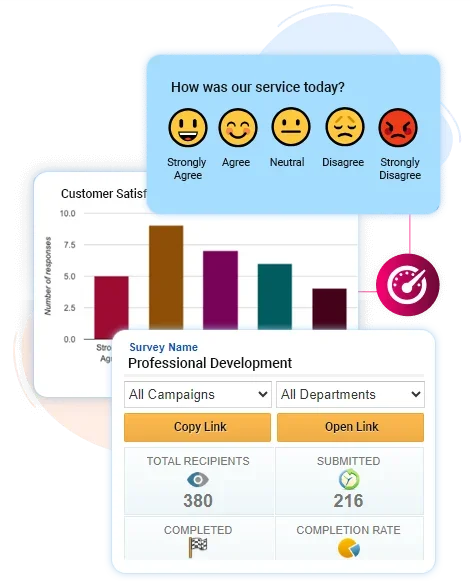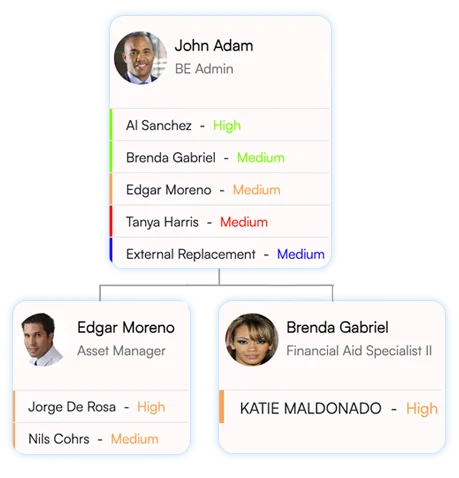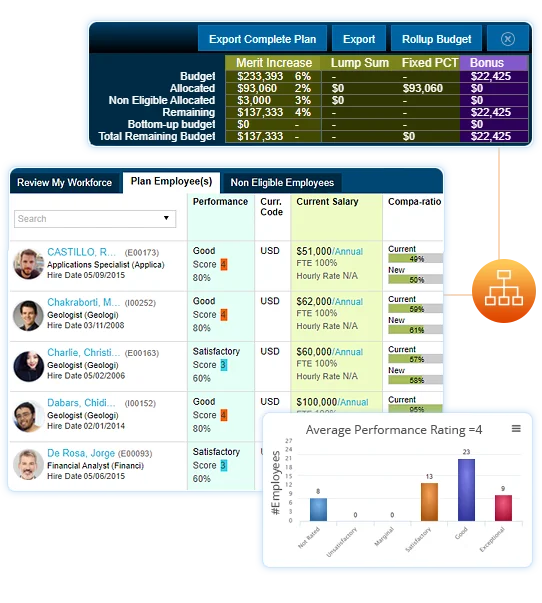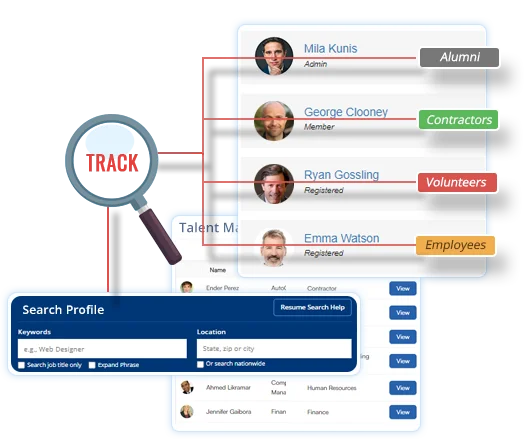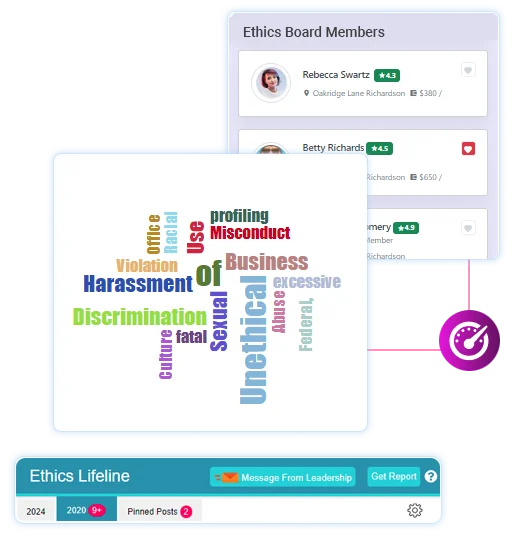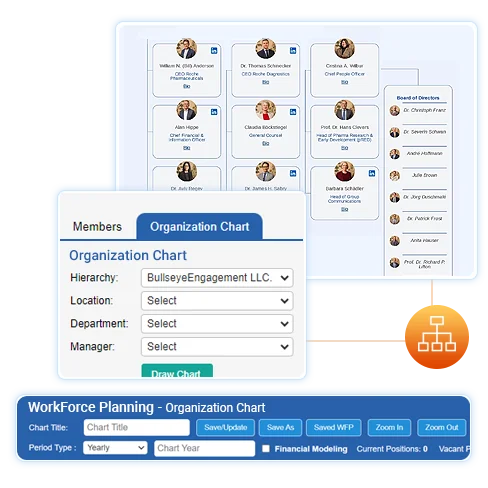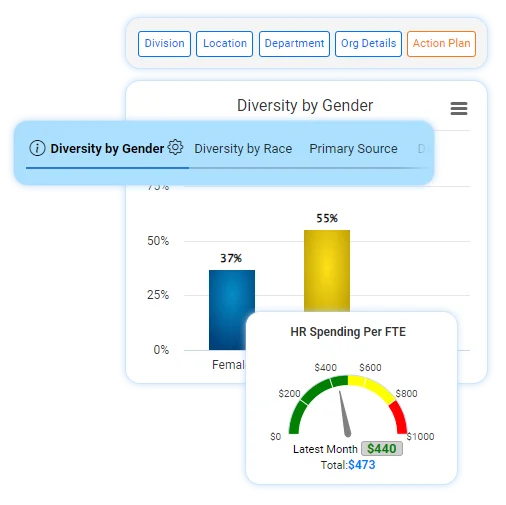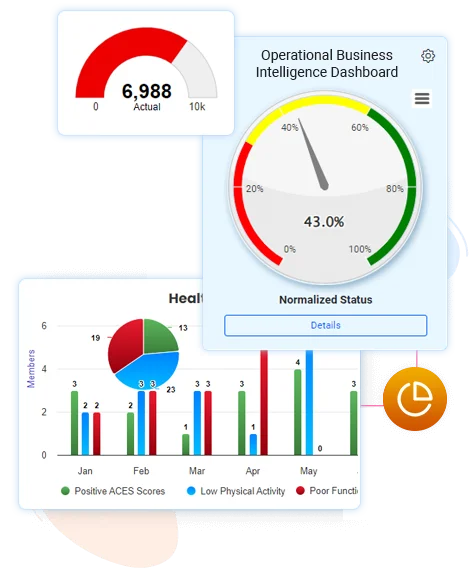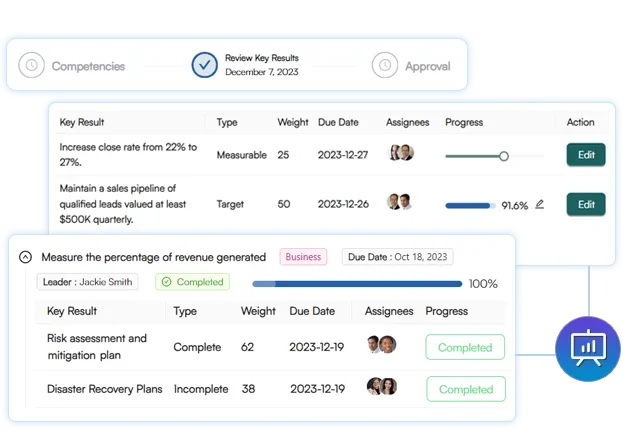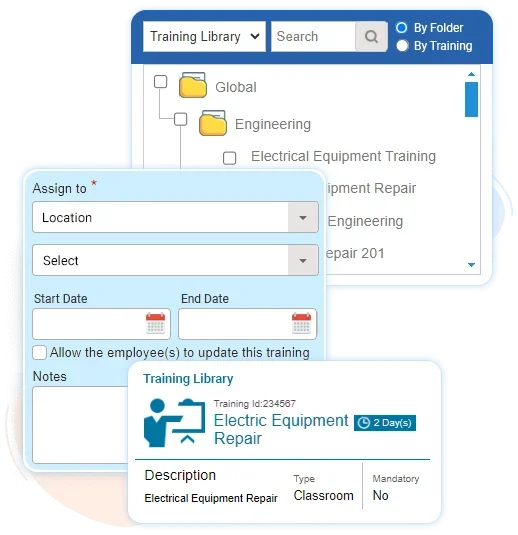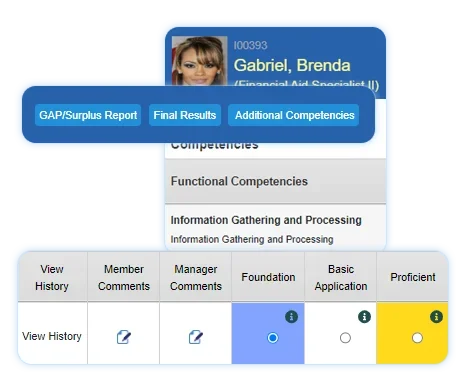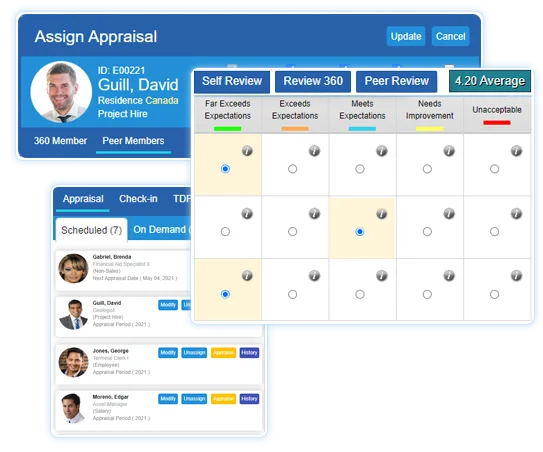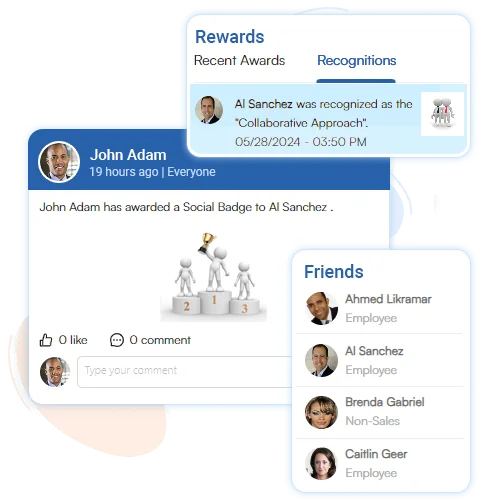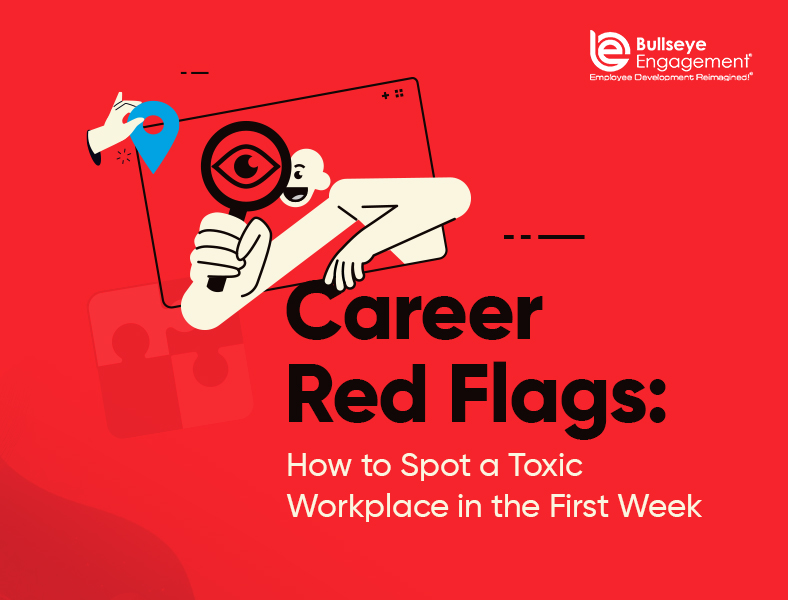In today’s digital-centric corporate environment, many business leaders and HR professionals are seeking effective ways to boost employee engagement and retain top talent. Amid strategies like flexible work schedules and team-building activities, the simple act of employee recognition often gets overlooked. Why does a heartfelt ‘Thank You’ have such an impact? Dive into the psychology behind employee acknowledgment and discover its transformative power.
1. The Innate Human Need for Validation:
Humans, by nature, seek validation. This isn’t a modern trend but rather an evolutionary trait tracing back to ancient tribes. In today’s **workplace culture**, this desire translates into a longing for acknowledgment. Recognizing an employee’s hard work addresses this deep-seated need, making them feel integral to the company’s ecosystem.
2. The Dopamine Effect:
Did you know that when employees receive praise, their brains release dopamine? This neurotransmitter is linked to feelings of pleasure and motivation. Essentially, by giving your team members a shout-out for a job well done, you’re boosting their biological motivation, potentially leading to increased performance.
3. Building Stronger Social Connections:
Recognition, especially in team meetings or public platforms, solidifies social bonds. It not only uplifts the recognized individual but sets a gold standard for achievements within the organization. Such acts of appreciation can foster a collaborative and harmonious work environment.
4. The Role of Positive Reinforcement:
Drawing from behavioral psychology, it’s a fact that behaviors rewarded with positive outcomes tend to be repeated. By spotlighting an employee’s excellence, you’re endorsing a pattern of behavior that others, too, will strive to emulate.
5. Balancing the Negativity Bias:
In any workplace, it’s easy to recall criticism. Humans are wired to focus on the negative, but regular accolades and compliments can counteract this bias, ensuring employees remember and are motivated by the positives.
6. The Ripple Effect of Empowerment:
Recognition breeds empowerment. When staff members are applauded, they often feel a surge of autonomy, leading to innovative ideas and a proactive attitude.
Effective Recognition for Today’s Workforce:
A token ‘Thank You’ doesn’t suffice. Recognition needs authenticity. Here are tips to amplify your employee recognition strategy:
– Timeliness is Key: Acknowledge achievements promptly. Immediate feedback is more impactful.
– Detail Matters: Go beyond ‘Well Done.’ Highlight what made the achievement notable.
– Understand Preferences: Some prefer public applause, others a discreet note. Cater to individual preferences.
– Peer Recognition: Encourage a culture where team members appreciate each other, enhancing overall morale.
In wrapping up, genuine recognition is a game-changer in the modern workplace. A simple acknowledgment can be the catalyst for heightened morale, productivity, and loyalty. By understanding the psychological underpinnings, organizations can leverage this tool to its fullest potential, making workplaces more **engaged and vibrant**.
